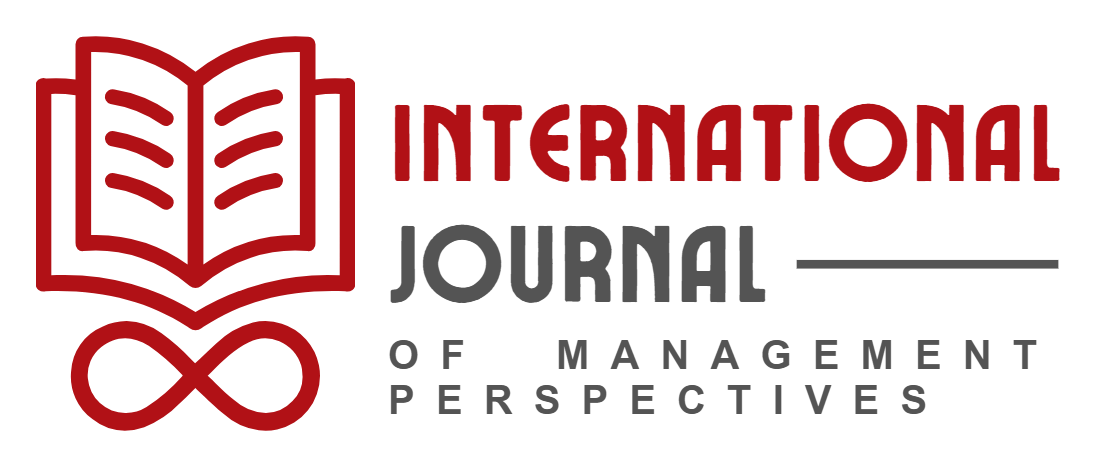Postgraduate Diploma in Islamic Finance and Banking
The course is aimed at providing a deeper understanding of both Islamic Finance and Banking and is intended for graduates.
Description
Key features
- Relevant to the economic context of the business environment.
- Based on Industry trends and needs
- Benchmarked against sound business & accounting principles
- Flexible Programme Delivery options
- Easily accessible support
- Builds a sustainable advantage
About
The course discusses the concepts of Islamic Finance and prohibitions in terms of financial transactions and also the application of these concepts in the real world of finance. The prohibitions have broad implications in structuring contracts dealing with financial transactions including investments in line with the rules and processes laid down by the Shari’ah. Students will also develop analytical skills and discuss the causes of failures of financial regulation and policies.
The purpose of this programme is to equip students with the necessary knowledge, skills and abilities in order to further their understanding of Islamic Finance and Banking in all forms. It is aimed at providing deeper understanding of Islamic Banking and Finance and Conventional Banking. This programme will also assist practitioners in developing a much needed Islamic secondary financial market.
The Institute of Bankers in South Africa provides members with
professional designations, networking, educational, training and information opportunities.

Outcomes
Upon successful completion of the programme, the student should be able to:
- Communicate clearly with clients and manage stakeholder
relationships in an ethical and professional manner. - Demonstrate the ability to critically analyse the fundamentals of
Islamic finance and banking. - Critically evaluate the existing Islamic finance and banking products
and services vis a vis conventional banking. - Analyse and evaluate the social responsibility features of the
interest-free banking system.
- Differentiate between interest-free Capital Markets, Islamic Venture
Capital and Islamic financial instruments. - Apply the techniques, methodologies and theories pertaining to
Islamic product development issues. - Assess the importance of corporate governance, regulation and
supervision in the field of Islamic Finance and Banking. - Demonstrate a comprehensive and systematic knowledge base of
Islamic Finance and Banking.
Programme structure
Duration: 1 year
Semester 1
- Introduction to Islamic Economics and
Finance - Islamic Commercial Law and Contracts
- Evolution of Interest Based Banking
Semester 2
- Islamic Venture Capital and Financial Markets
- Corporate Governance, Regulations and Supervision in Islamic Banks
- Research Project
Admission requirements
A Bachelors Degree or Advanced Diploma or equivalent qualification; Two years of work experience






